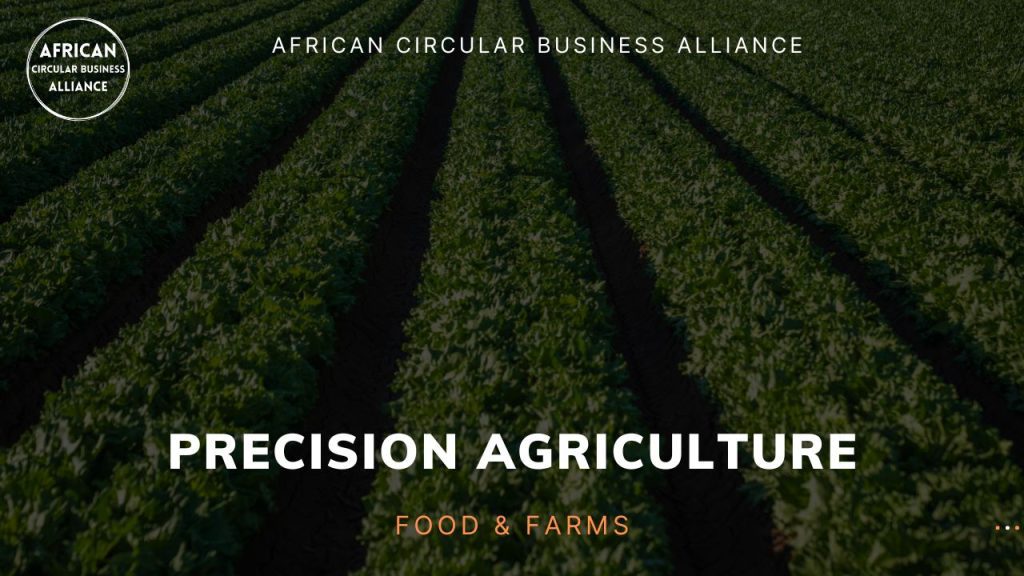An overview of how precision technology is changing the way farmers manage crops and increase yields

Precision agriculture, also known as precision farming, is a modern agricultural management technique that utilizes cutting-edge technologies to enhance crop production and maximize yields. With the increasing global population and demand for food, precision agriculture has become more popular in recent years as it offers a more efficient and sustainable way to manage crops.
Precision agriculture is the use of various technologies, such as GPS, remote sensing, and computer mapping, to gather and analyze data about soil conditions, weather patterns, and crop growth. This data is then used to provide farmers with valuable insights that enable them to make informed decisions about crop management. The goal of precision agriculture is to optimize crop yields while minimizing the use of resources such as water, fertilizers, and pesticides.
One of the primary benefits of precision agriculture is that it allows farmers to tailor their approach to each individual field and crop. Rather than applying a one-size-fits-all approach to crop management, precision agriculture enables farmers to adjust their practices based on the unique characteristics of each field. This can help to minimize waste and reduce the environmental impact of farming.
Precision agriculture techniques include a variable-rate application (VRA) of fertilizers and pesticides, which involves applying inputs in different quantities depending on the needs of each area of the field. For example, areas of the field that are more fertile may require less fertilizer than areas with poorer soil quality. VRA enables farmers to optimize their inputs, reducing waste and cost while increasing crop yields.
Another important technique used in precision agriculture is remote sensing. Remote sensing involves the use of satellite imagery and other advanced technologies to monitor crop growth and detect changes in soil moisture and nutrient levels. This information can help farmers to identify areas of the field that require more attention, enabling them to take action before crop yields are impacted.
Precision agriculture is also helping to improve sustainability in agriculture. By reducing the use of resources such as water, fertilizers, and pesticides, precision agriculture can help to minimize the environmental impact of farming. This is important because farming is a significant contributor to greenhouse gas emissions and environmental degradation.
The benefits of precision agriculture are not limited to crop yields and sustainability. By providing farmers with more accurate and timely data about their crops, precision agriculture can also help to reduce risk and increase profitability. For example, by identifying areas of the field that require additional inputs, farmers can reduce the risk of crop failure and increase their chances of a successful harvest.
Finally, precision agriculture is changing the way farmers manage their crops and increasing yields. By using advanced technologies to gather and analyze data about soil conditions, weather patterns, and crop growth, precision agriculture enables farmers to make informed decisions about crop management. The benefits of precision agriculture are numerous, including increased yields, improved sustainability, reduced risk, and increased profitability. As the world population continues to grow and the demand for food increases, precision agriculture will become even more important in helping to meet this demand while minimizing the environmental impact of farming.
